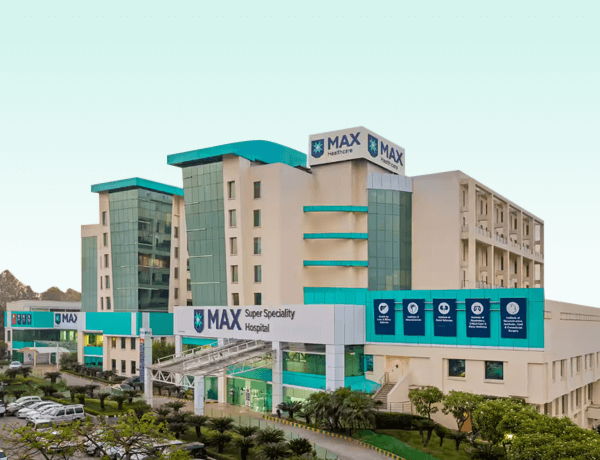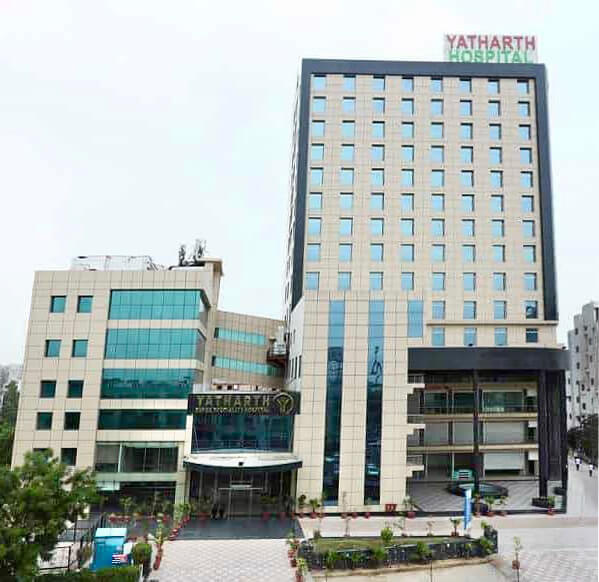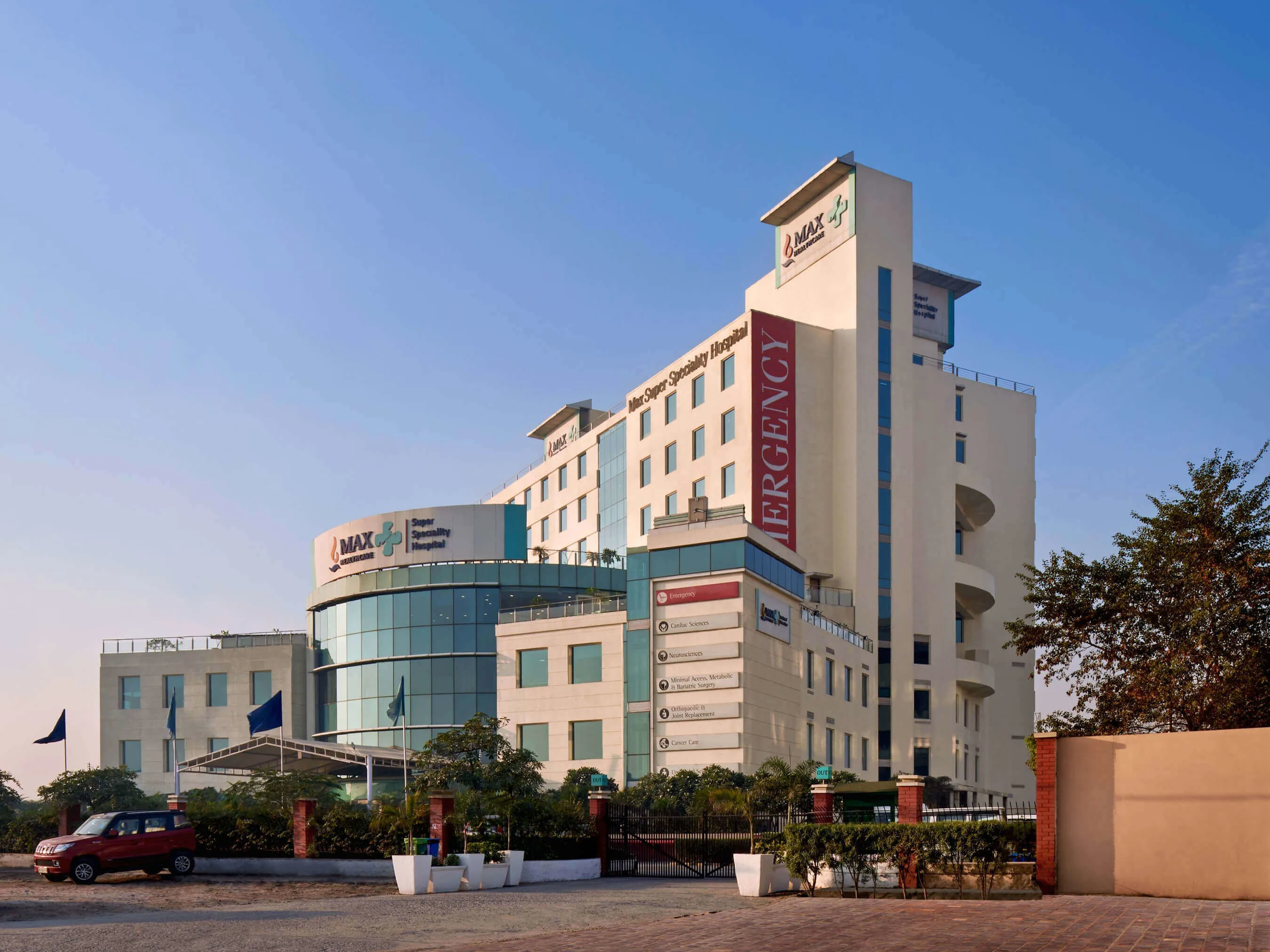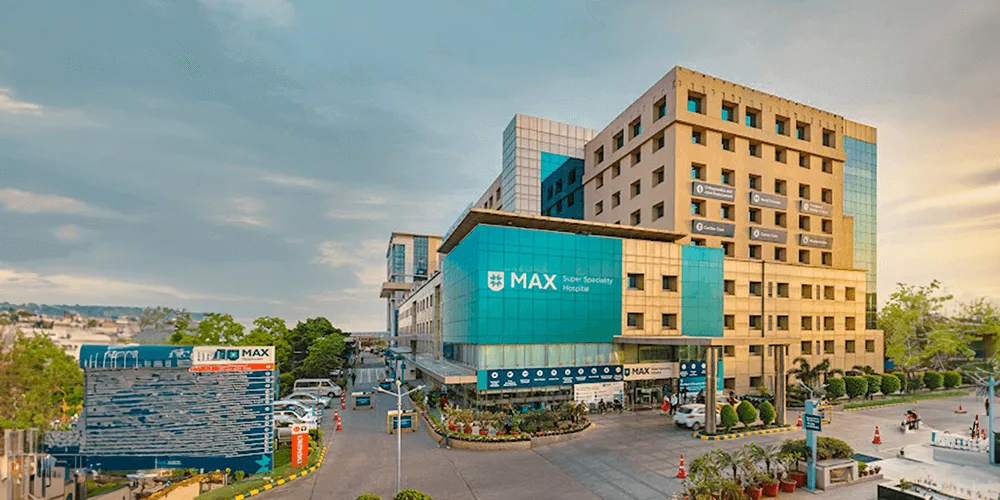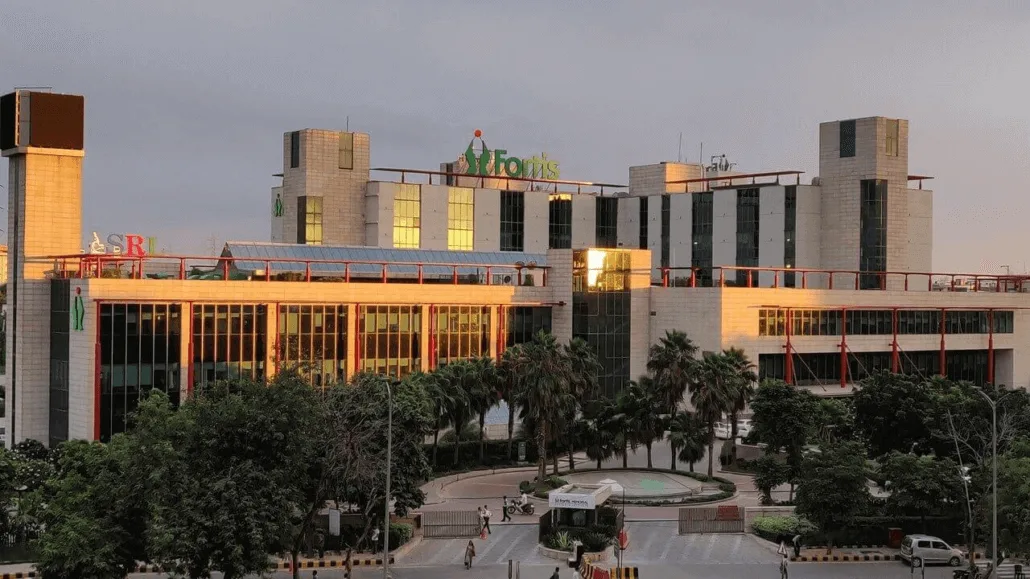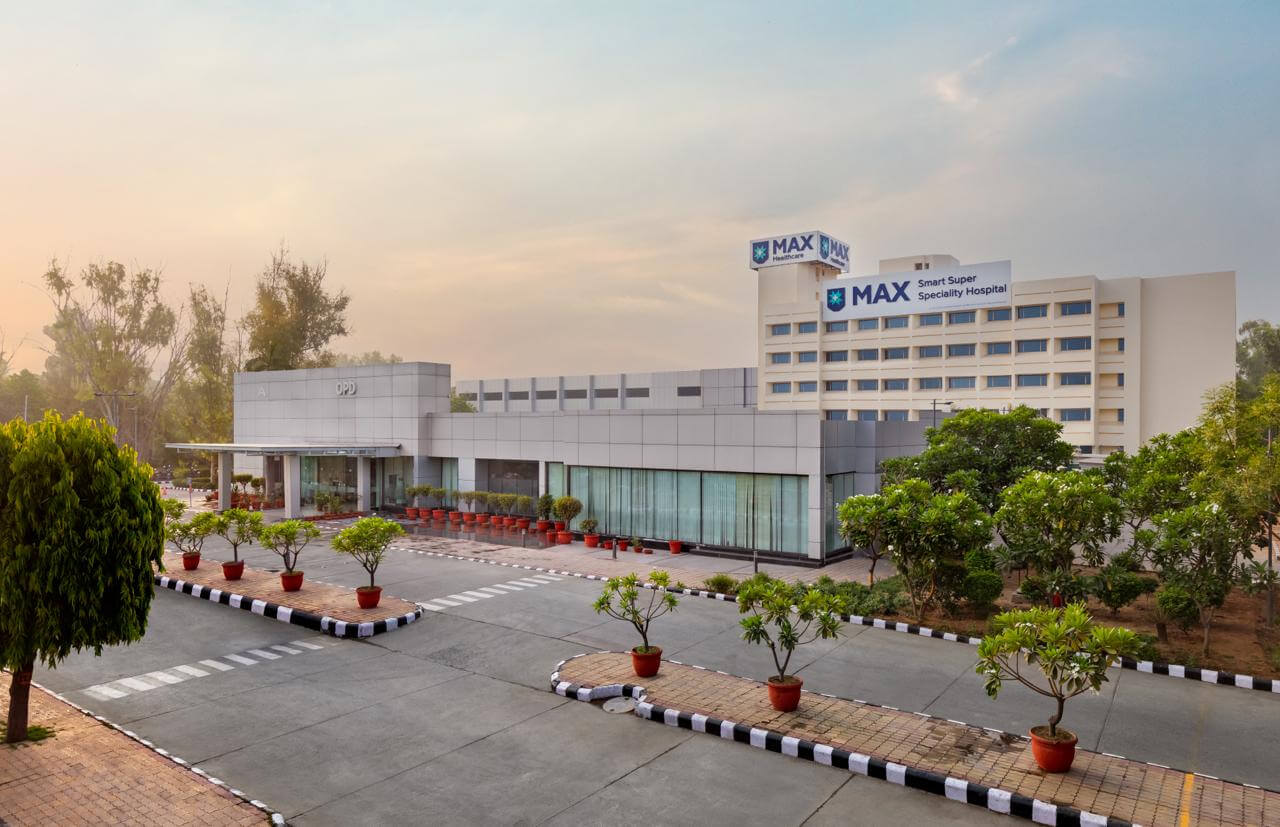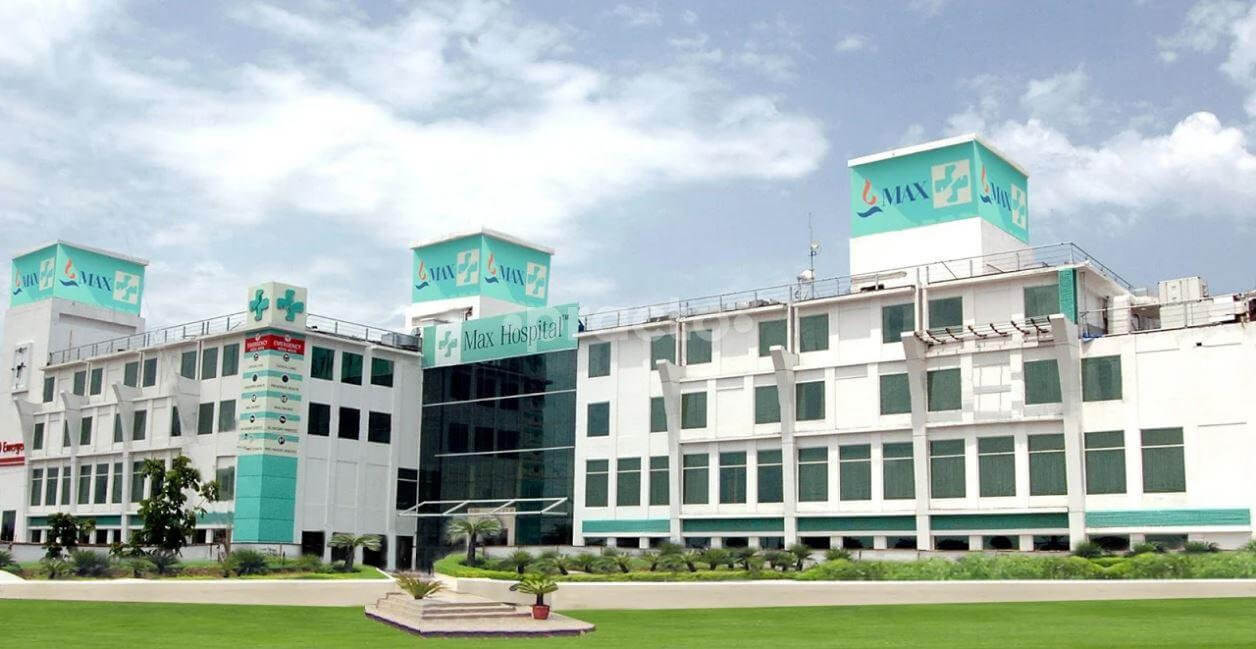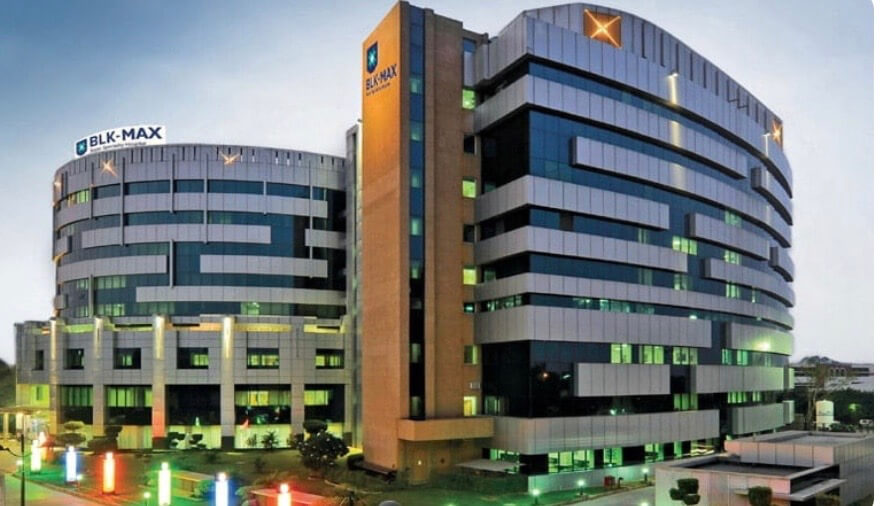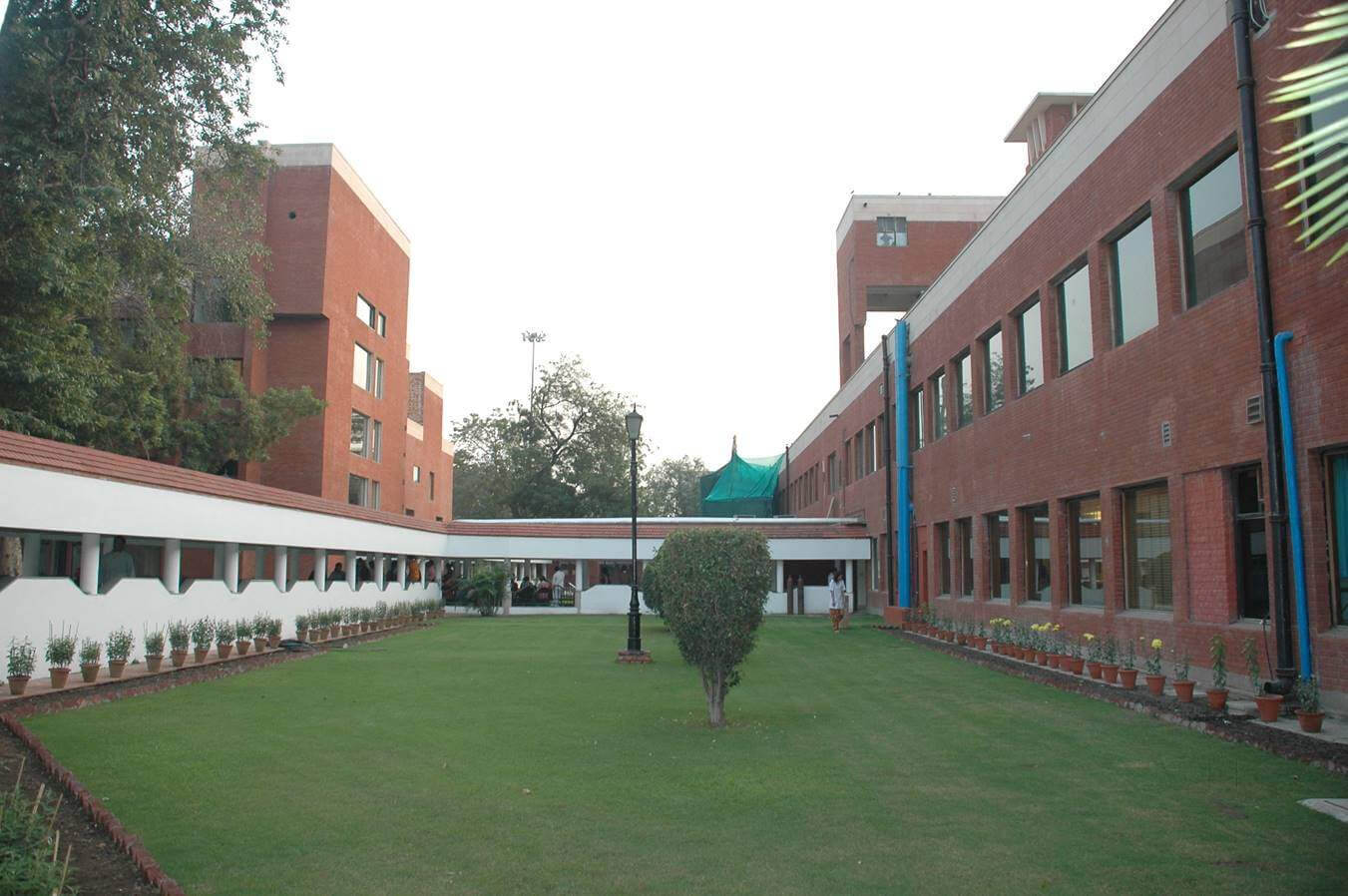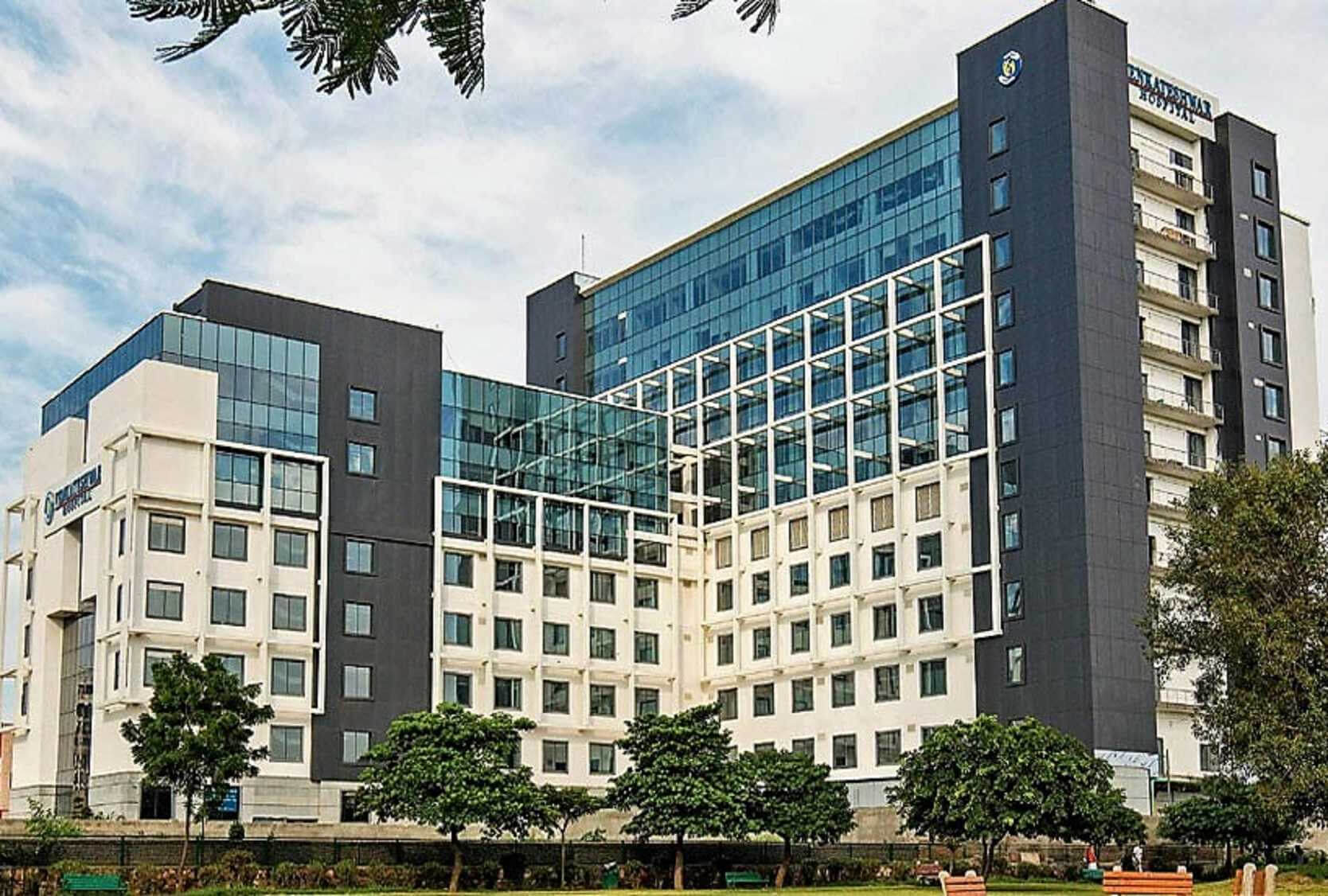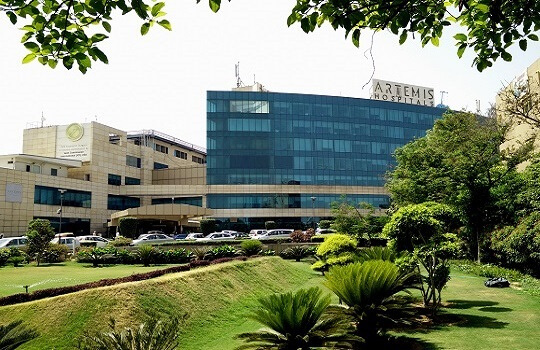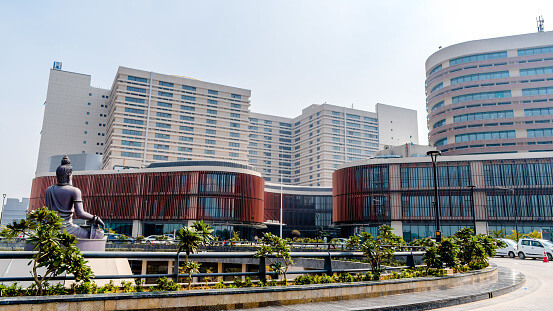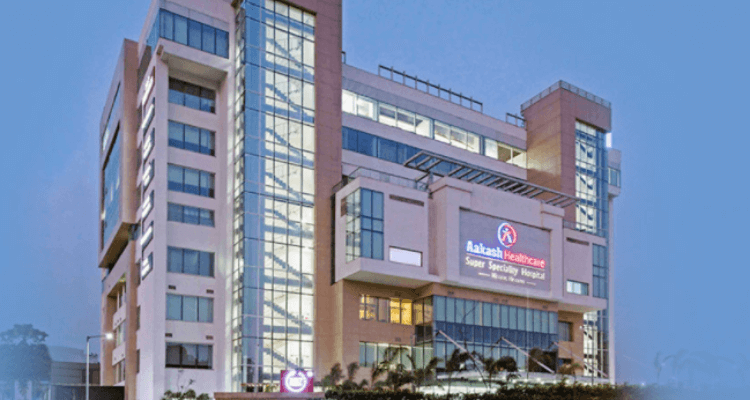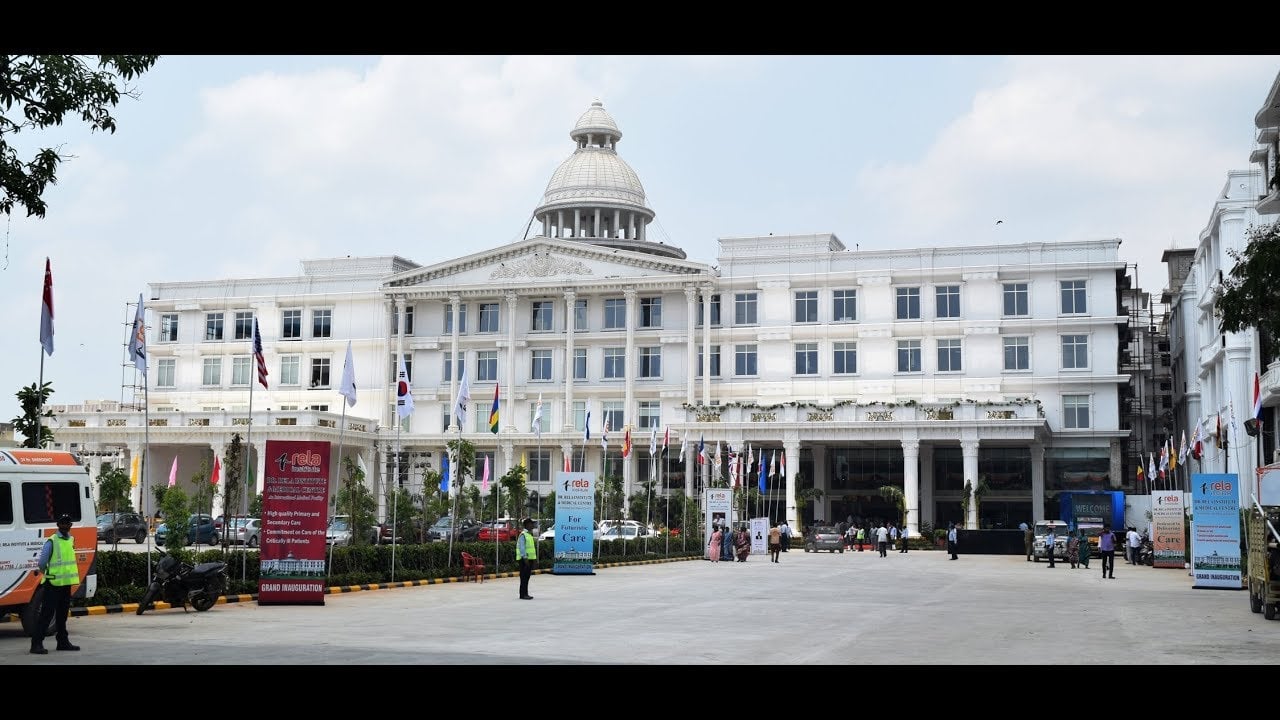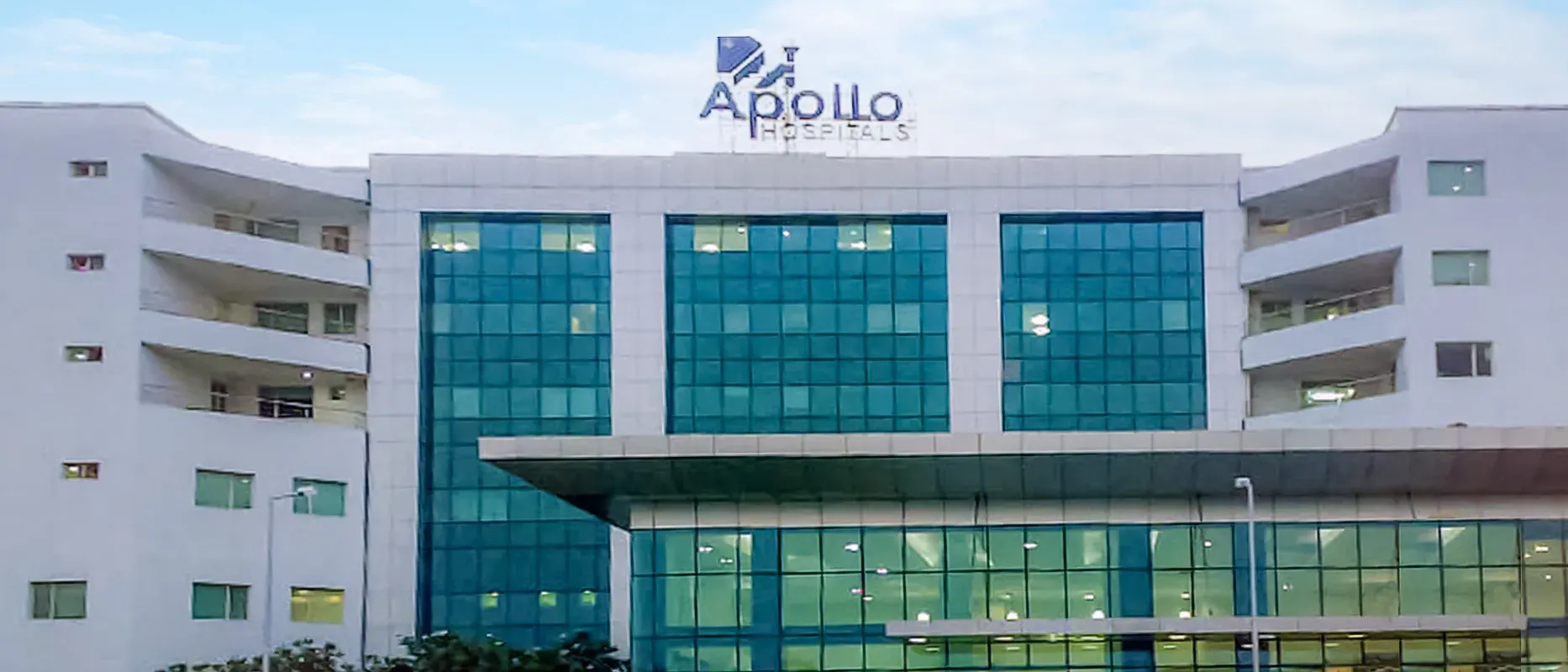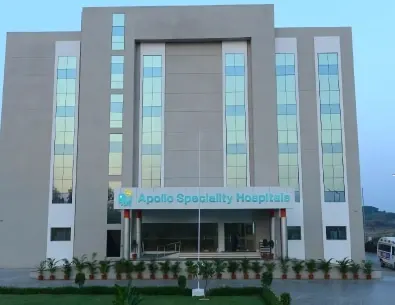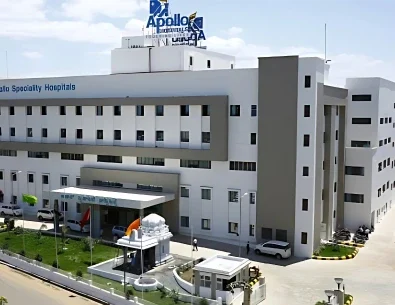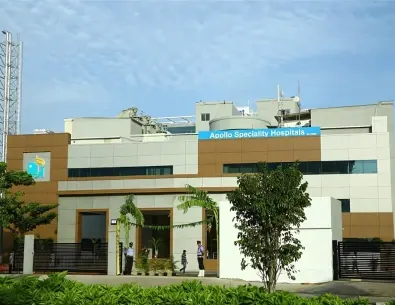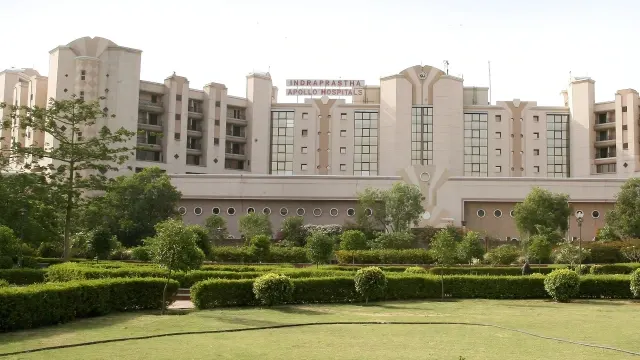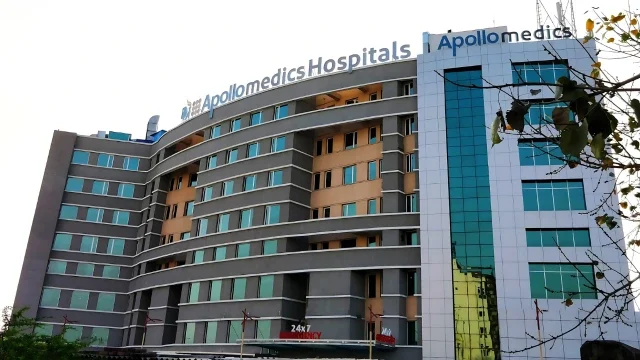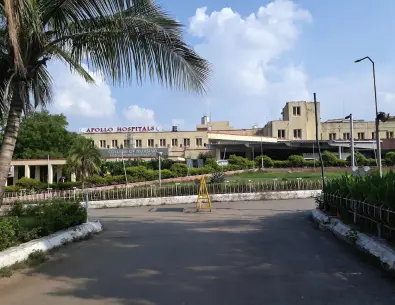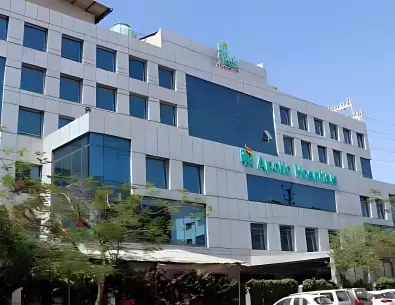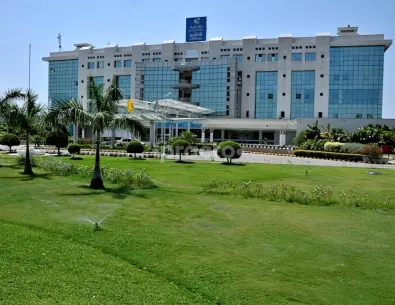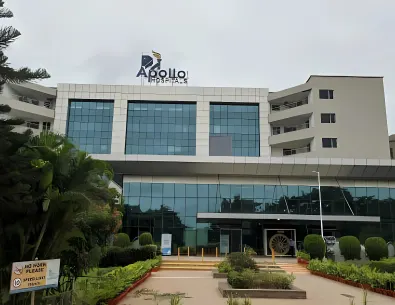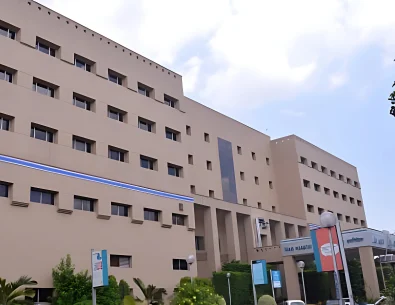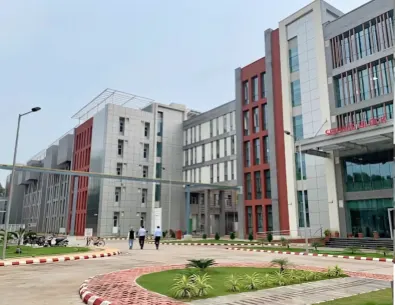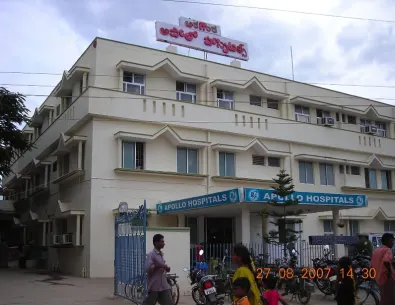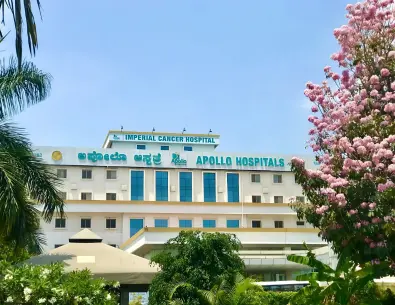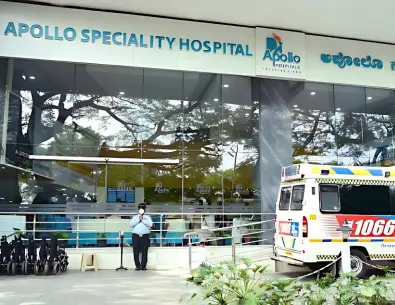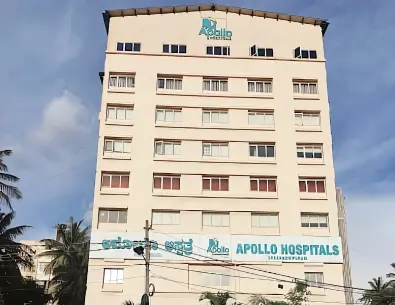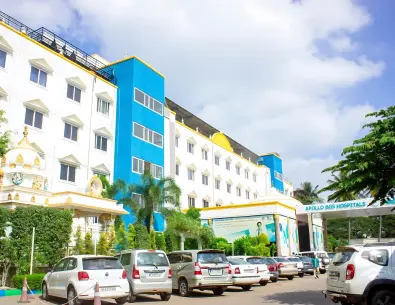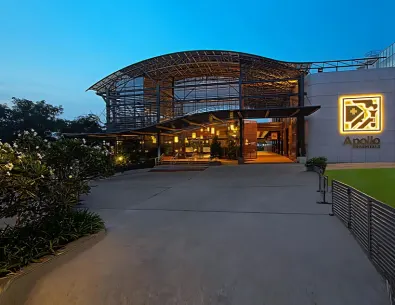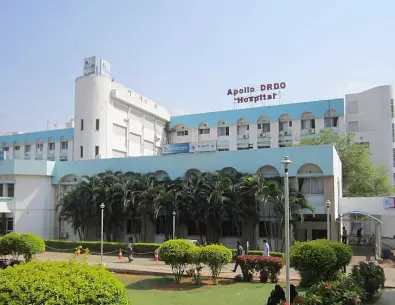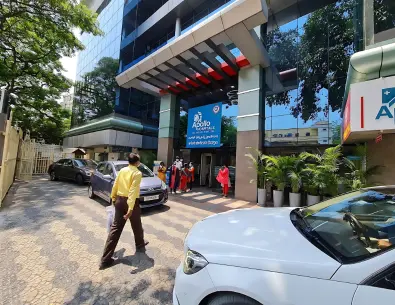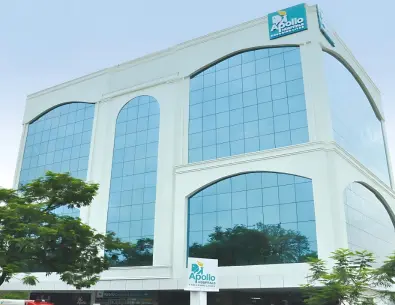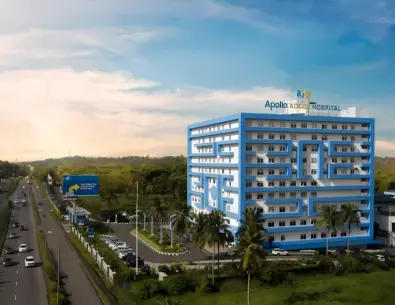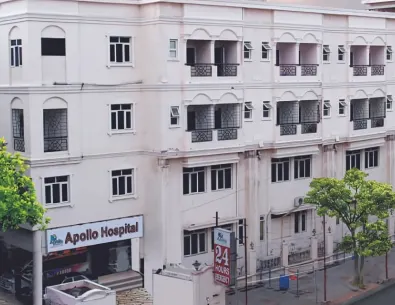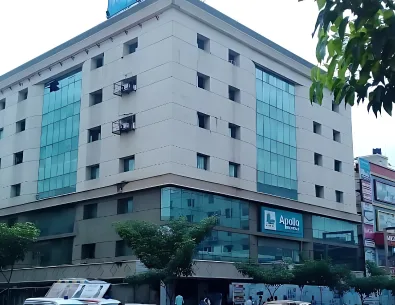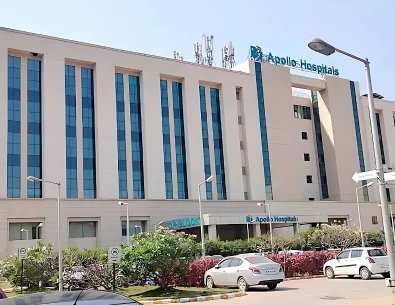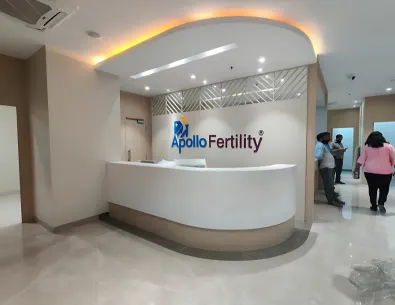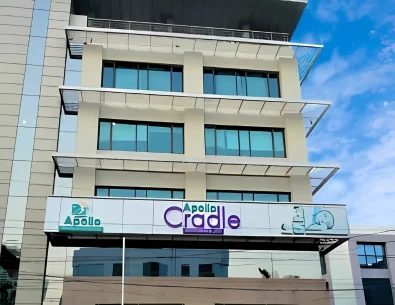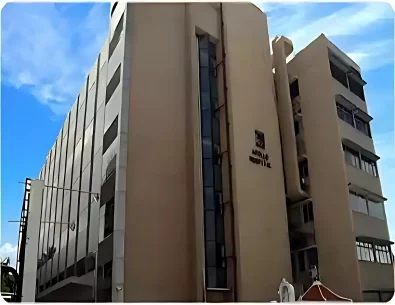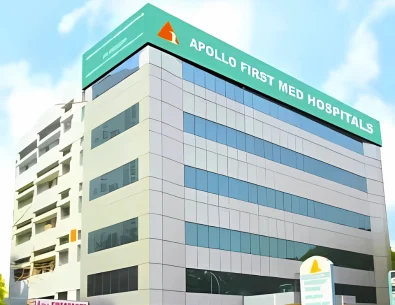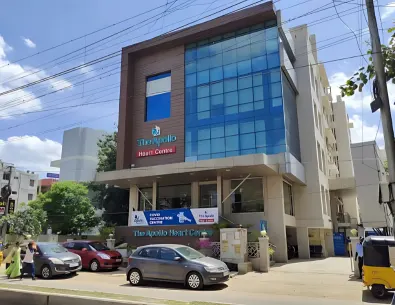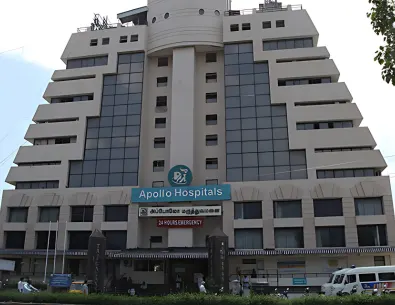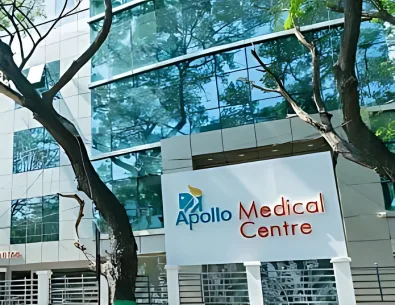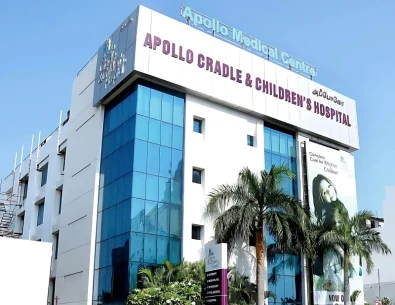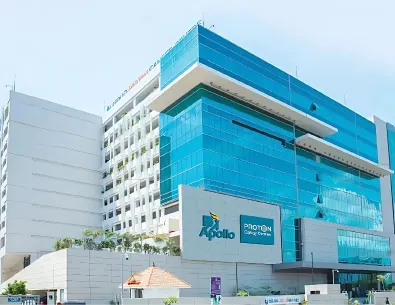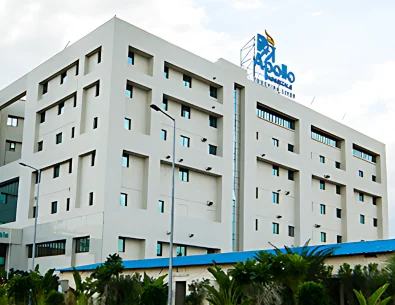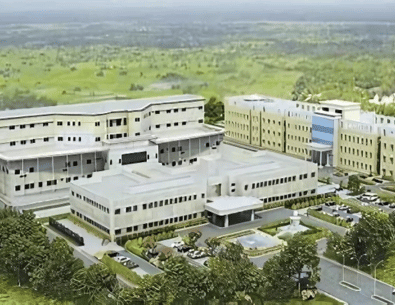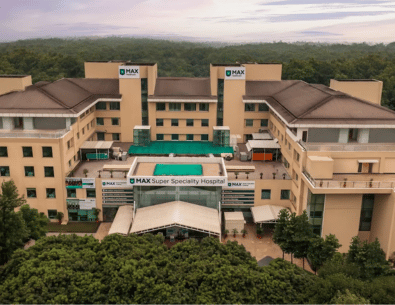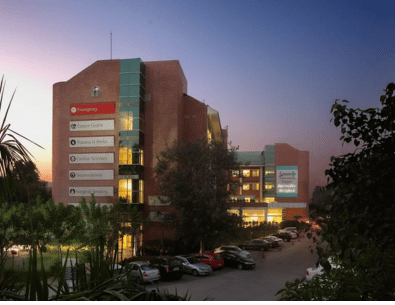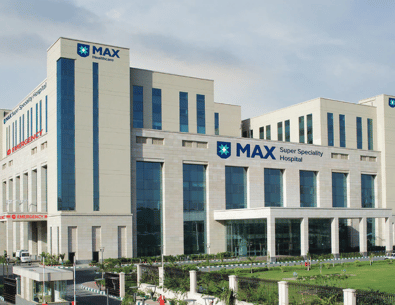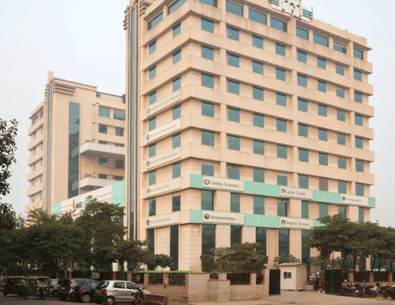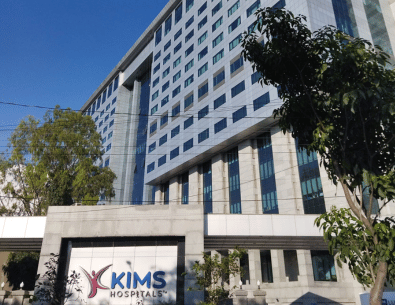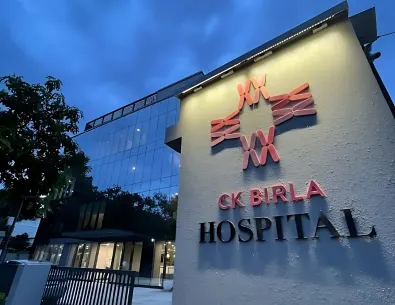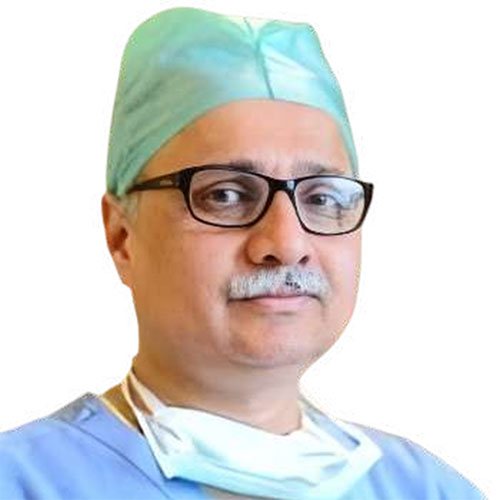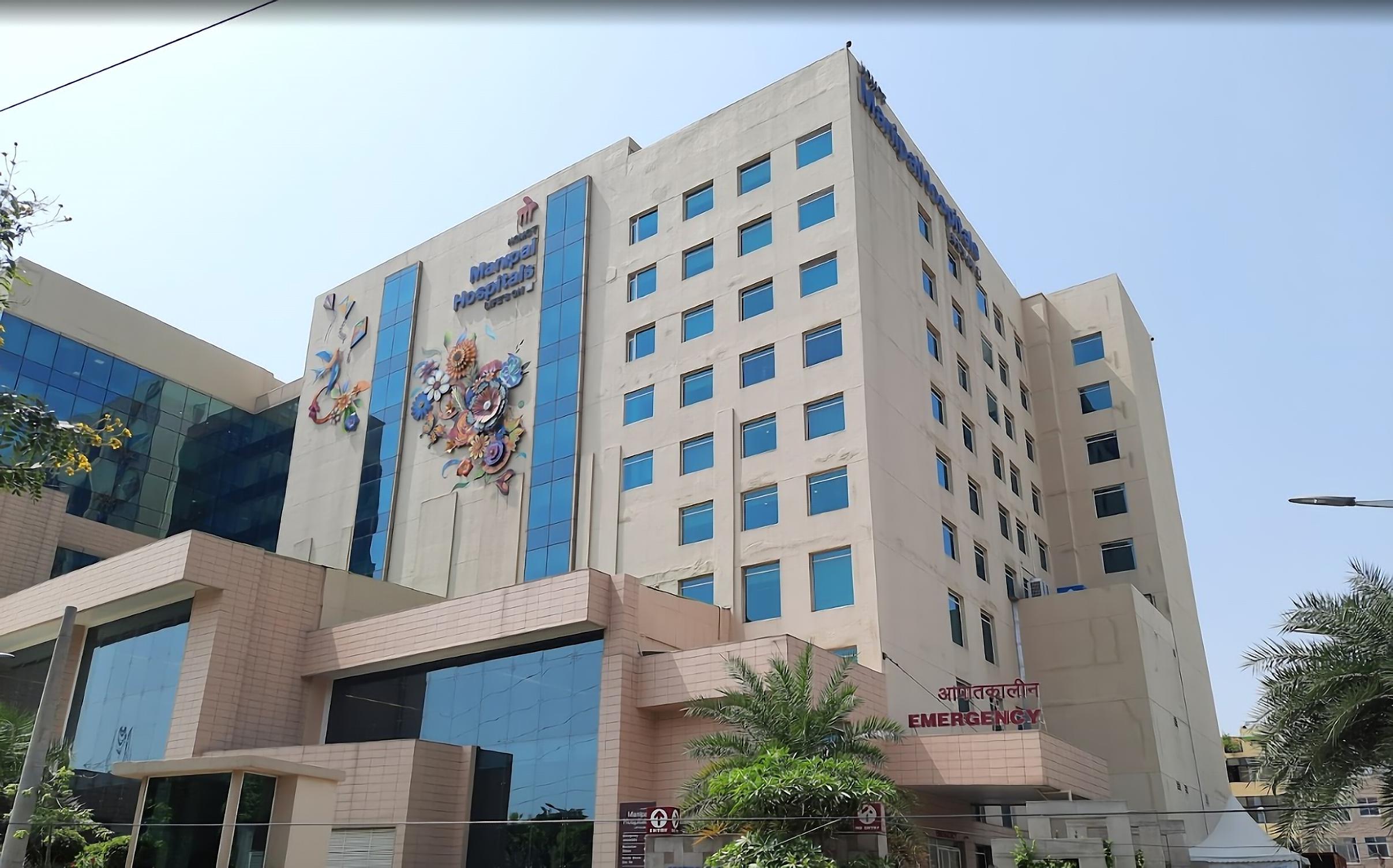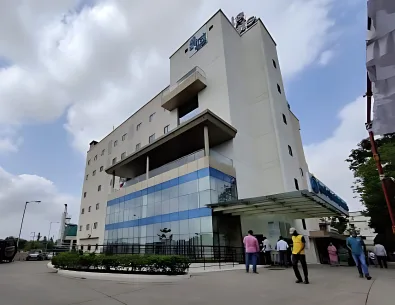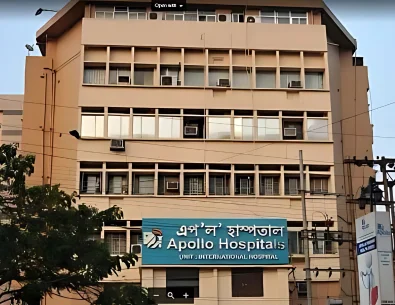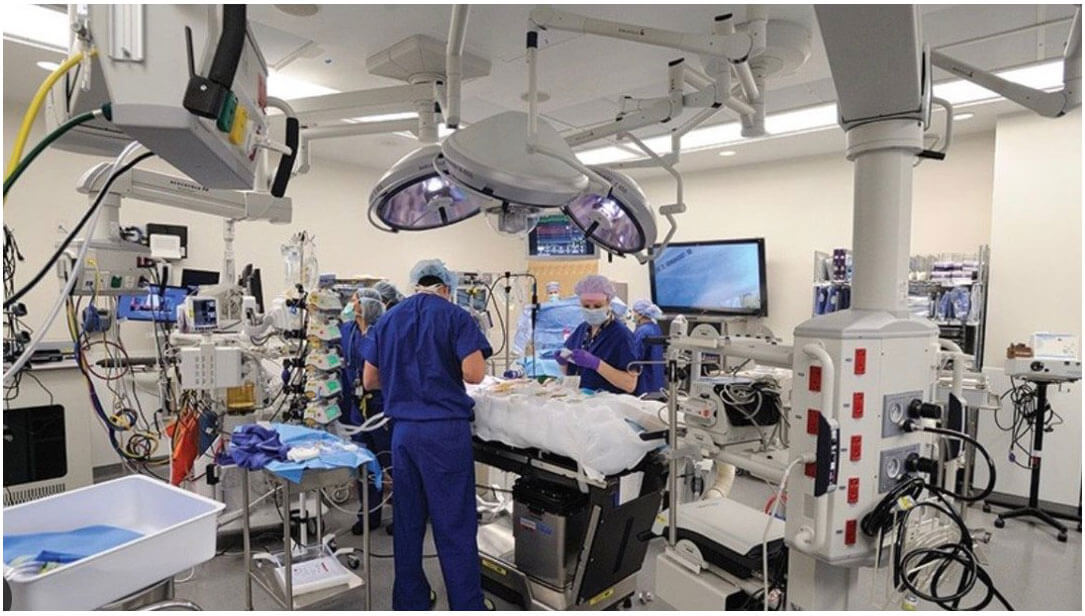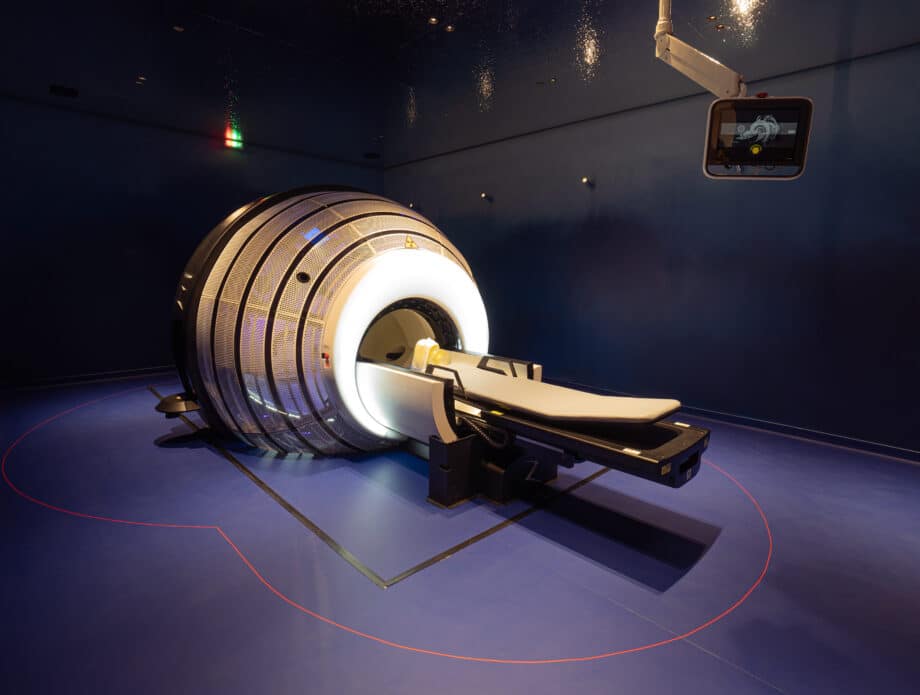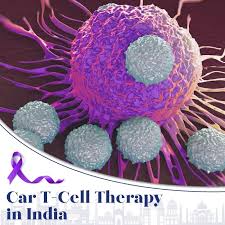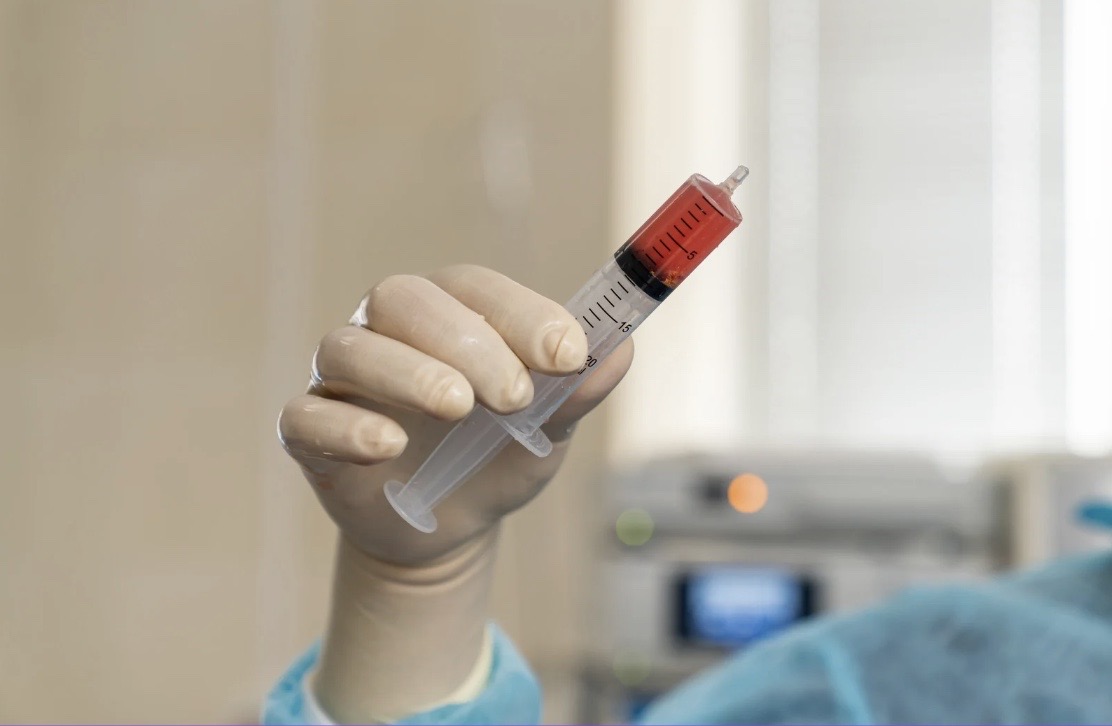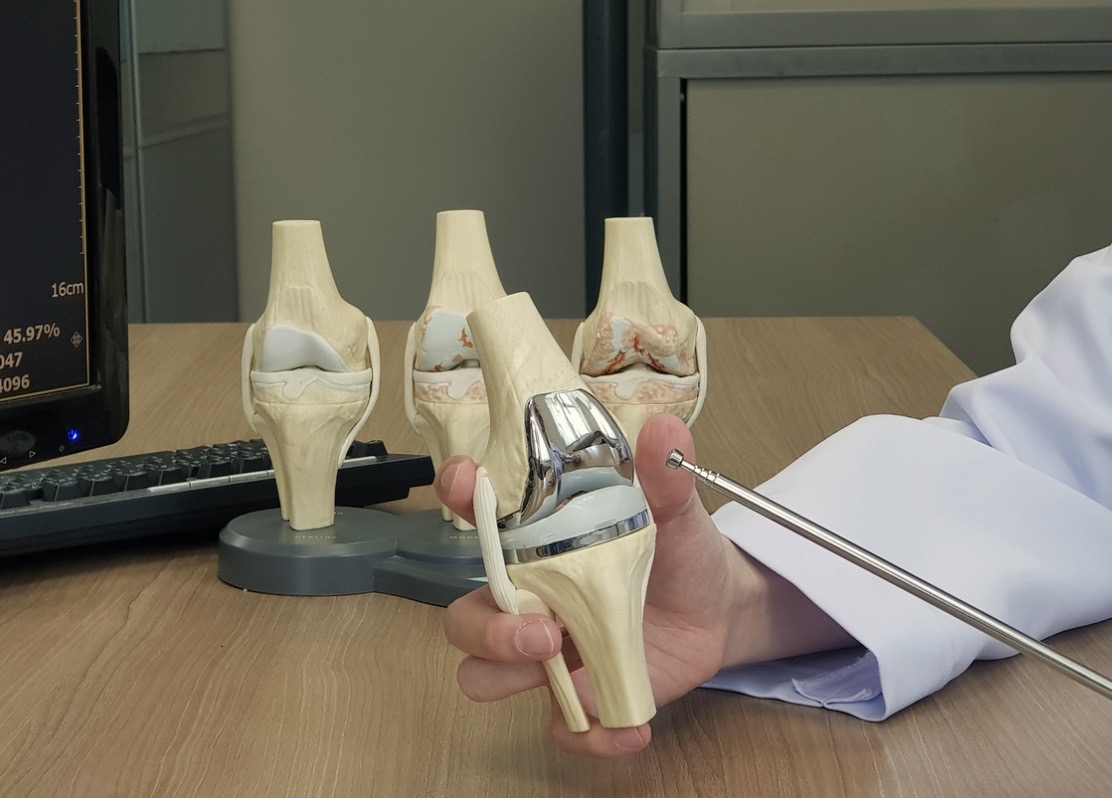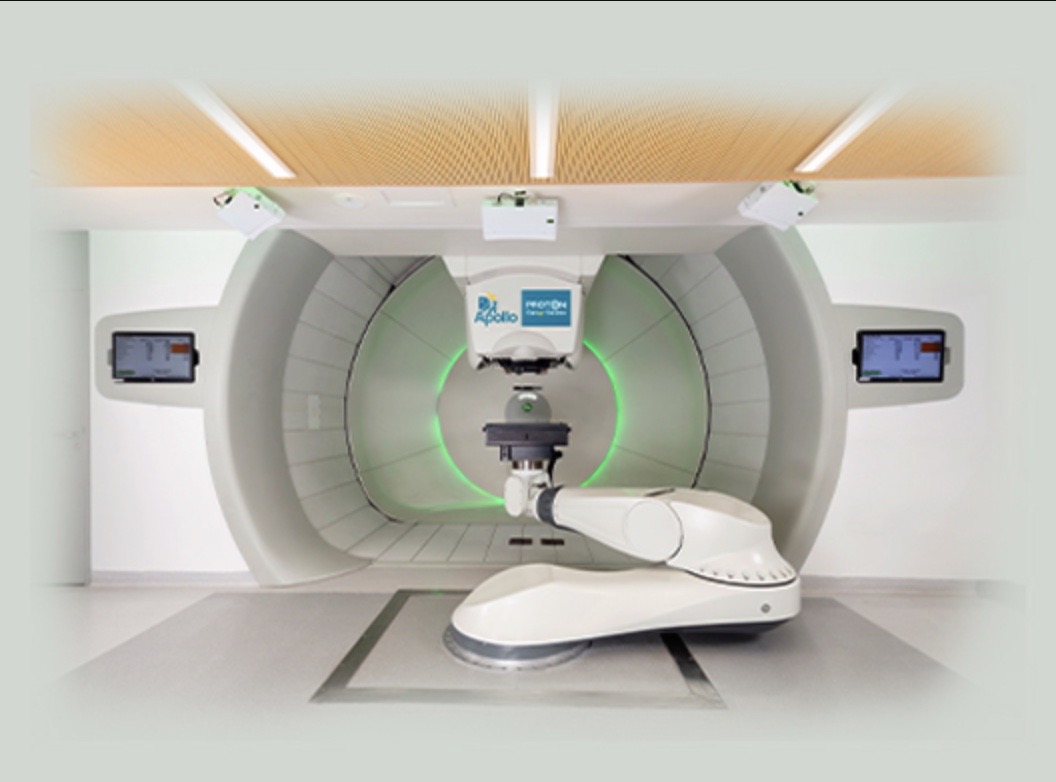Introduction
Colorectal cancer refers to cancer that begins in the colon or rectum, parts of the large intestine. It typically develops from small, benign clumps of cells called polyps that over time can become cancerous. Colorectal cancer is one of the most common cancers globally, and its risk increases with age, family history, poor diet, lack of exercise, and certain genetic conditions. Early-stage colorectal cancer may not cause noticeable symptoms, making regular screenings, such as colonoscopies, vital for early detection. Treatment options include surgery, chemotherapy, radiation therapy, targeted therapy, and immunotherapy, depending on the cancer's stage. Early detection and advances in medical treatments have improved survival rates, making timely intervention crucial for better outcomes.
Cost Comparison
The cost of colorectal cancer treatment varies widely anywhere in the world, depending on the hospital, the stage of cancer, the type of treatment, the number of therapy sessions required, the patient’s overall health condition, post-operative complications and care, etc. The average cost of colorectal cancer in India is USD $5500.
But be assured as the cost of Colorectal cancer in India is just a fraction of developed nations.
- Avg Cost of treatment - $5500
- Maximum cost of treatment - $12500
Medotil's Pledge: No Hidden Costs, Only Fair Prices!
Treatment costs may vary depending upon several conditions so to get a detailed treatment plan contact us below.
Contact UsFactors affecting Cost of treatment
Type of Treatment
- Surgery: The type of surgery required plays a significant role in the cost. Procedures like colectomy (removal of part of the colon) or rectal surgery can range in cost depending on whether they are minimally invasive (laparoscopic) or traditional open surgeries. Laparoscopic surgeries tend to be more expensive due to advanced equipment and shorter recovery times.
- Chemotherapy: The number of chemotherapy cycles and the drugs used significantly affect the total cost. Standard chemotherapy regimens are less expensive, while newer drugs or personalized treatments such as targeted therapies can increase costs.
- Radiation Therapy: The type of radiation therapy (e.g., external beam radiation, IMRT, brachytherapy) impacts costs, with more advanced techniques like IMRT costing more due to the use of precise and specialized equipment.
- Targeted Therapy and Immunotherapy: Newer treatments such as targeted therapy and immunotherapy can significantly raise the treatment cost. These therapies are used for advanced or metastatic cancer, and the cost depends on the drugs and the number of cycles required.
- Palliative Care: In cases of advanced cancer, palliative treatments are given to manage symptoms, which can add to the overall cost, especially if long-term care is required.
Stage of Cancer
- Early-stage: Treatment for early-stage colorectal cancer generally involves surgery and possibly a few cycles of chemotherapy, resulting in lower costs.
Advanced-stage: For more advanced cancers, treatment often requires a combination of surgery, chemotherapy, radiation therapy, and targeted therapies. As the disease progresses, the cost rises due to more intensive treatment plans and longer duration of care.
Treatment options
Surgery
- Colectomy (Colon Resection): The most common surgical procedure for colorectal cancer, where part or all of the colon is removed. It is usually performed when the cancer is localized and hasn't spread beyond the colon.
- Partial Colectomy: Removal of the affected portion of the colon.
- Total Colectomy: Removal of the entire colon, often followed by the creation of an artificial opening (colostomy) for waste elimination.
- Laparoscopic Surgery: A minimally invasive surgery with smaller incisions, quicker recovery time, and less post-operative pain compared to open surgery.
- Robotic Surgery: A more advanced form of laparoscopic surgery that uses robotic instruments for precision, leading to quicker recovery and fewer complications.
Chemotherapy
Chemotherapy uses drugs to kill or stop the growth of cancer cells. It can be used:
- Before Surgery (Neoadjuvant): To shrink the tumor and make surgery easier and more effective.
- After Surgery (Adjuvant): To eliminate any remaining cancer cells and reduce the risk of recurrence.
- For Advanced Cancer (Palliative): To manage symptoms and slow cancer progression. Common chemotherapy drugs used in colorectal cancer include 5-fluorouracil (5-FU), oxaliplatin, capecitabine, and irinotecan.
Radiation Therapy
- External Beam Radiation Therapy (EBRT): High-energy rays are directed at the tumor from outside the body. It is typically used for rectal cancer or in combination with chemotherapy to shrink the tumor before surgery.
- Intraoperative Radiation Therapy (IORT): Radiation delivered directly to the tumor during surgery, offering more targeted treatment to minimize damage to surrounding tissues.
- Brachytherapy: A type of internal radiation used in certain cases, especially in rectal cancer.
Targeted Therapy
Targeted therapy drugs target specific molecules or genetic mutations involved in cancer growth. In colorectal cancer, targeted therapies may be used in cases of advanced cancer or when traditional chemotherapy is ineffective. Common targeted therapies include:
- Bevacizumab (Avastin): Inhibits blood vessel growth that supplies the tumor.
- Cetuximab (Erbitux): Targets the epidermal growth factor receptor (EGFR) that promotes cancer cell growth.
- Panitumumab (Vectibix): Works similarly to cetuximab in inhibiting EGFR.
- Regorafenib (Stivarga): Used for metastatic colorectal cancer that has not responded to other treatments.
Immunotherapy
Immunotherapy uses the body’s immune system to fight cancer. Certain types of colorectal cancers, particularly those with high microsatellite instability (MSI-H) or mismatch repair deficiency (dMMR), respond well to immunotherapy.
- Checkpoint Inhibitors: Drugs like pembrolizumab (Keytruda) and nivolumab (Opdivo), which help the immune system recognize and attack cancer cells.
- Immunotherapy is mainly used in cases of advanced colorectal cancer or when the tumor has specific genetic mutations.
Liver or Lung Resection (Metastatic Cancer)
If colorectal cancer has spread (metastasized) to the liver or lungs, surgery may still be an option to remove metastatic tumors. This procedure, called liver resection or lung resection, offers a chance for long-term survival in some patients with isolated metastases.
Palliative Care
For patients with advanced colorectal cancer, palliative treatments focus on managing symptoms and improving quality of life. Palliative care may include:
- Pain Management: Using medications like opioids and non-opioids.
- Nutritional Support: Ensuring adequate nutrition if surgery or treatment impacts the digestive system.
- Endoscopic Stenting: In cases where the tumor obstructs the colon, a stent may be placed to keep the colon open.
Clinical Trials
Clinical trials offer access to cutting-edge treatments that are not widely available. These may include experimental chemotherapy, targeted therapies, immunotherapies, or novel drug combinations. India has several leading cancer centers that conduct clinical trials, providing patients with opportunities for advanced treatment options.
Supportive Therapies
Supportive care is essential to help manage the side effects of treatment and improve the patient’s overall well-being. These may include:
- Psychosocial Support: Counseling and support groups to help patients and families cope with the emotional and mental challenges of cancer.
- Physical Therapy: To help restore mobility and strength during recovery after surgery.
- Nutritional Support: Dietitian-guided nutritional plans to ensure that the patient is receiving the proper nutrition during treatment.
How Medotil Global Assists International Patients
Medical Visa Assistance
- Guides patients through the process of obtaining a medical visa for India.
- Provides necessary documentation support, such as invitation letters from hospitals.
Accommodation Arrangements
- Helps secure comfortable and affordable lodging near treatment centers.
- Offers a range of options, including guest houses, hotels, or serviced apartments.
Food Services
- Assists in arranging dietary preferences, including international cuisines and special diets for medical needs.
Transportation Support
- Provides airport pickup and drop-off services.
- Offers reliable transportation for hospital visits and local travel.
Hospital and Doctor Selection
- Recommends top hospitals and connects patients with experienced specialists in their specific condition.
- Ensures access to advanced medical treatments and technology.
Tourism Services
- Organizes visits to famous tourist attractions like the Taj Mahal, Jaipur, Kerala, and other cultural landmarks.
- Tailors travel plans based on patient preferences and recovery needs.
24/7 Support
Provides round-the-clock assistance for any queries or emergencies during the stay in India.
Best Doctors
Medotil's Promise: No hidden charges
Rest assured, no additional cost will be incurred from our end because your health is priceless.
Request a Free Consultation Contact UsTop Hospitals
